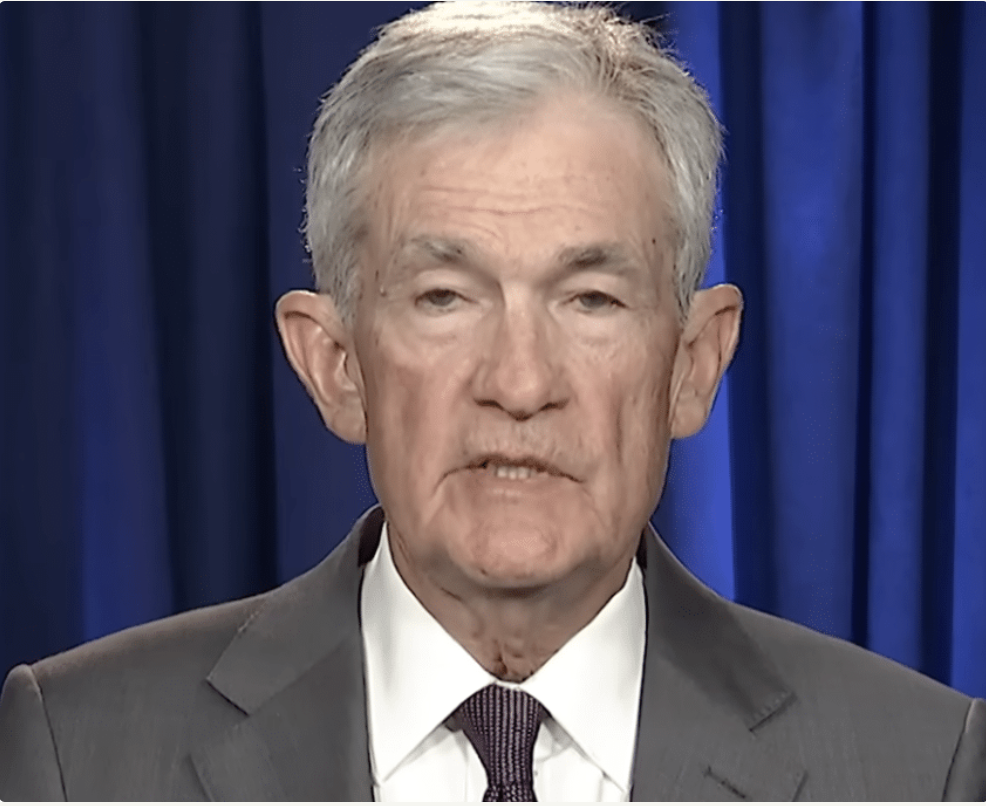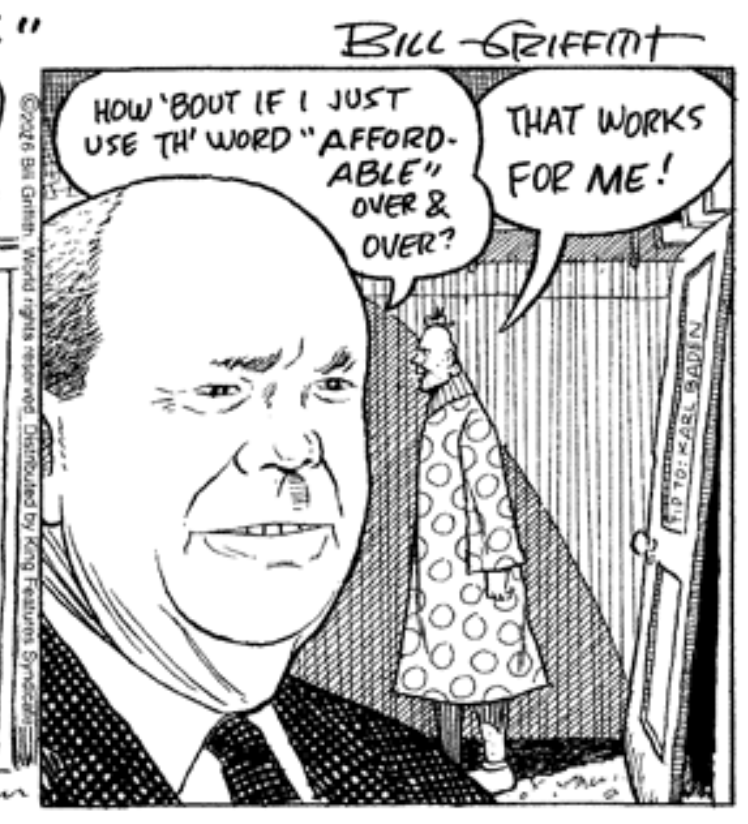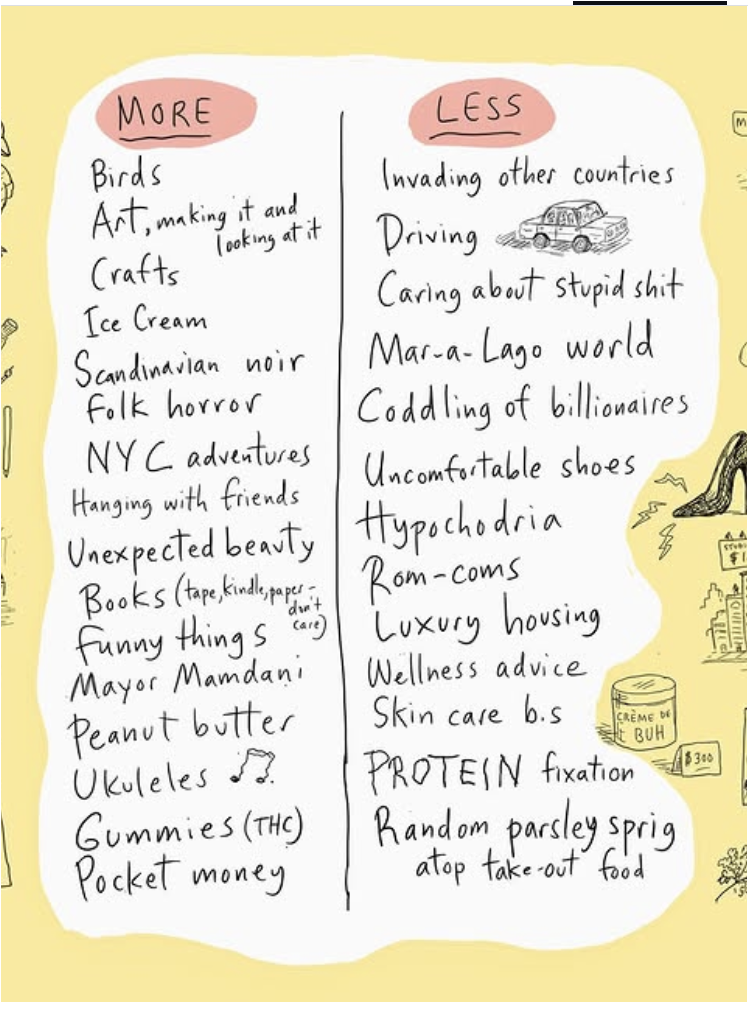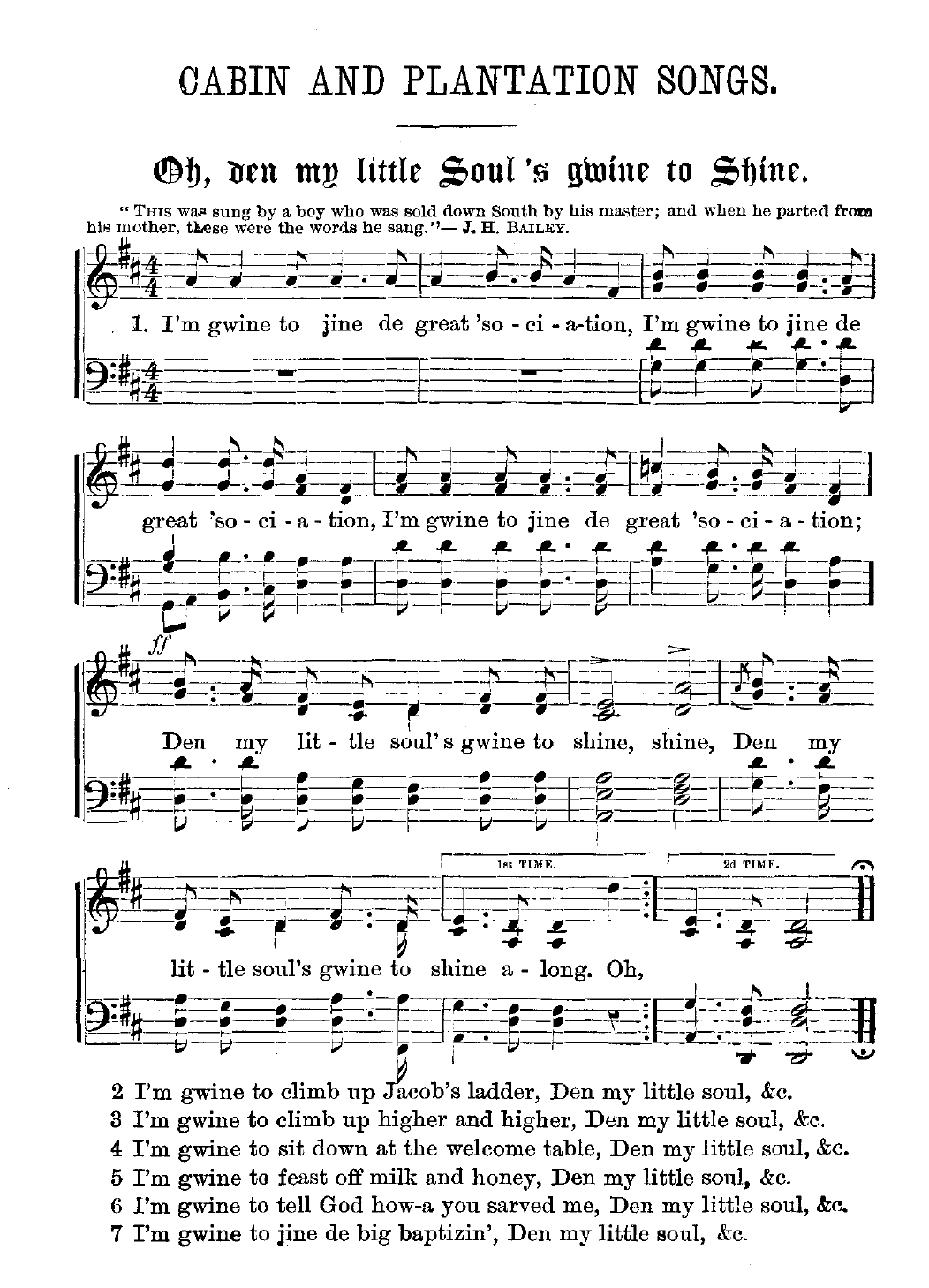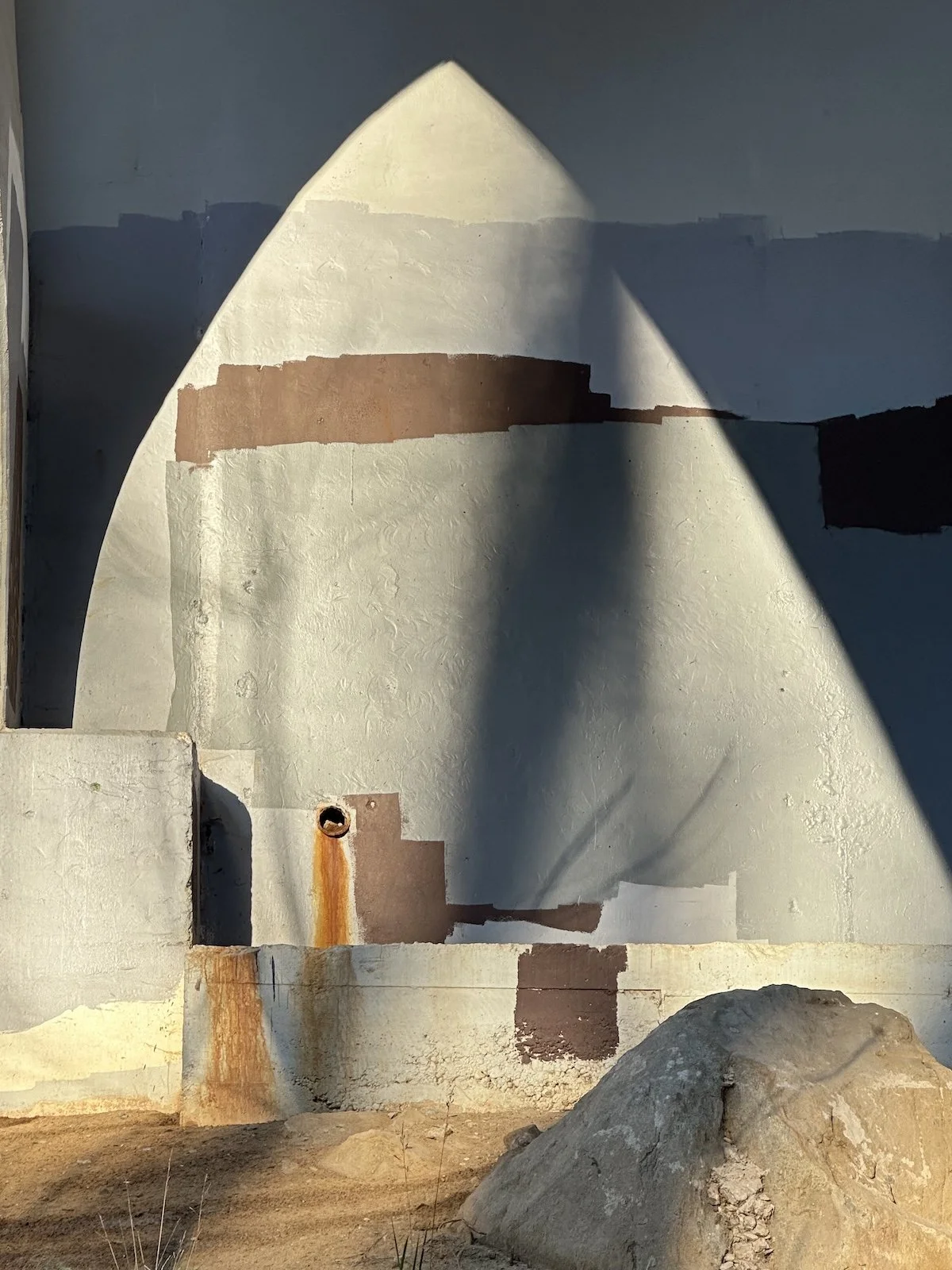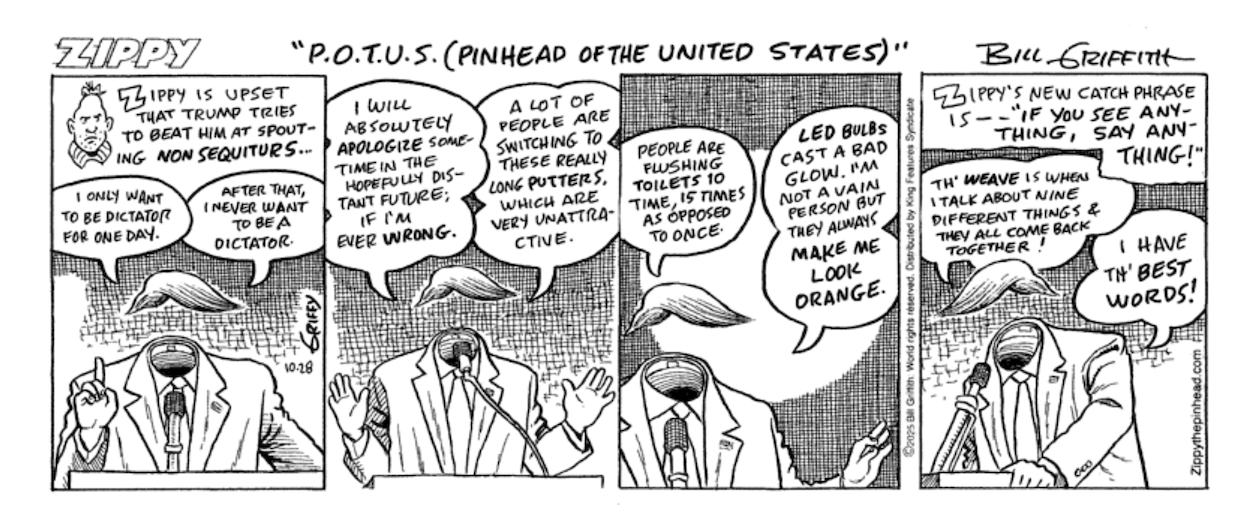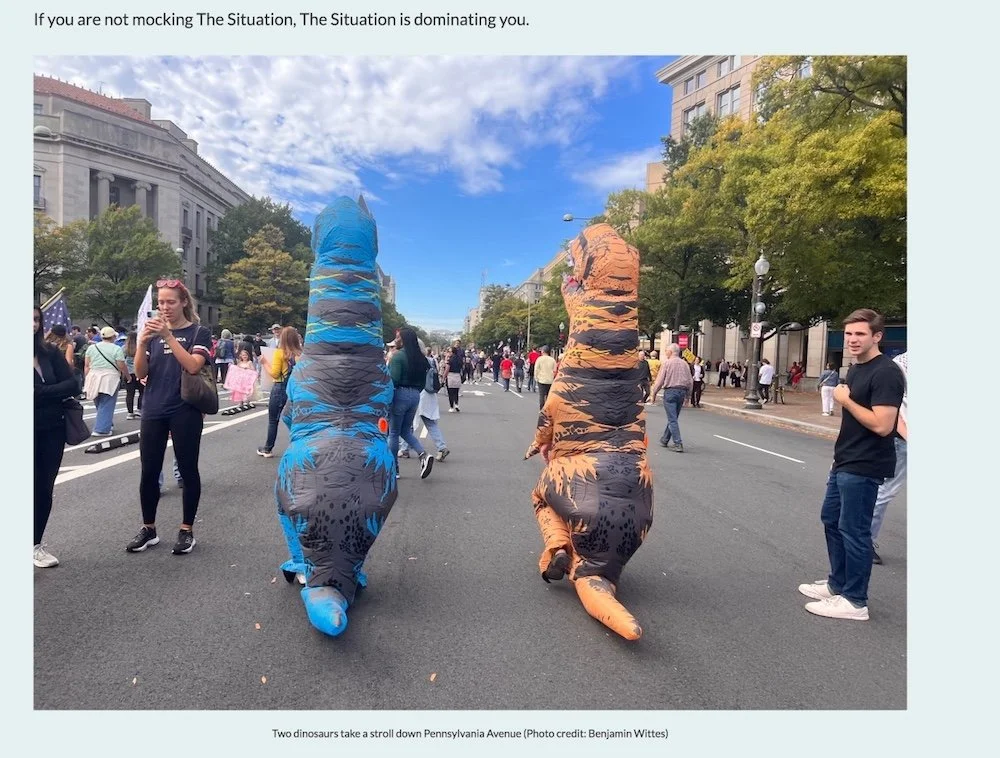AI and Spotify have forced real music underground. Real music is imperfect; it is not auto-tuned, pieced together, studio edited, speeded up, over-dubbed, or ‘enhanced’ by selective amplification. Wrong notes, false entrances, memory lapses, coughs, and interruptions are all part of the deal, if you do not want to be just entertained by an f_ing machine.
Josquiniana
WMV has commissioned a new work from composer Stephen M. Cormier. Cormier is a music theorist who has developed a harmonic system based on modal music, like the music of Josquin, Ockeghem, Machaut, and other compositional giants of the Middle Ages and early Renaissance. We asked him to compose a work based on the music of Josquin des Prez (ca. 1450-1521). After about a year, he sent us a 50 page score for flugelhorn and piano, “Josquiniana”. It is about a 23 minute work in several sections, and at first listening seems to be both wildly contemporary and very Josquin. Dr. Guericke Christopher Royal and I are planning to premiere the work in September 2026 (it will take me that long to master the piano part!).
Bill Robinson's Birthday Suit
Our friend composer Bill Robinson turned 71, and has written this wonderful little piece in his own honor: “Happy Birthday to Me”
Extortion as Governance (from Lawfare)
From Lawfare:
“And so the gangster tactics migrate into the Fed.
Expensive renovation you got going on there, Chairman Powell. A lot of taxpayer money at issue. And you made that building pretty fancy, didn’t you? You gave some congressional testimony about it too. And spoken words in a congressional hearing—there are so many ways to slip up and get a fact wrong. And you know, even if you don’t slip up, words can be interpreted as erroneous, anyway. And you never know what an investigation is going to find about your intent, do you? And juries just don’t love people who build themselves fancy offices with taxpayer money, do they? And even if you never face charges, an investigation is a long and ugly process. The kind of thing that ruins an economist’s reputation. Kind of thing that sucks up a lot of time and ends up high up in a man’s obituary. That would be a shame.
And you know, Mr. Powell, that all you have to do to make this go away is lower interest rates.
Extortion is a matter of habit. Like lying. Do it a few times, and it becomes easier. Do it a few more times, and it becomes a way of life.
And thus does criminal investigation become an instrument of monetary policy.
Or perhaps we should say thus does criminal investigation become also an instrument of monetary policy.”
Zippy Today
Social Media
I have been off social media for a couple of years now, and I forget that that is how people communicate with each other. I am astonished that my emails are ignored for days, whereas Marilyn informs me that the recipient has been posting extensively in the meantime. I feel so isolated - duh! It is as if I have stepped outside society in some fundamental way. Neighbors barely acknowledge each other on the street and then go home and tell intimate details of their lives to strangers.
Roz Chast - New Years Resolutions
I love Roz Chast!
The Trump-Kennedy Center programming
Since there seem to be some cancellations there, maybe they should consider booking the J6 Choir?
Music that makes me cry
Sometimes I think the only music that interests me now is music that makes me cry.
Close to Home
Things are beginning to hit close to home. Chuck Redd is being sued by the Trump administration for a million dollars. He is a local jazz musician, strictly working class, who has done nothing but refuse a gig at the “Trump-Kennedy Center”. Chuck is a local guy, a long-standing pillar of the jazz community here. I spoke to him once, long ago, when I needed a drummer, but his fee was a little higher than I could afford at the time: $400.
I woke up this morning thinking about my philosopher friend, who moved to Canada. He wrote a year ago that he was concerned about visiting his grandchildren in the states because of the political situation. Now, if I were he, I would not dare to cross the border. He is an eminent Marxist philosopher in his 80’s - he could die in ICE custody, though a US citizen.
To See Like An Artist
Under the bridge
One of my great pleasures in life is to go places with Marilyn and see through her eyes - not always easy! She will stop to look at something, and I will have no idea what it is, unless she photographs it, or later draws or paints it. Recently we walked along Sligo Creek under the Carroll Ave bridge, and she photographed this magnificent scene of shadows and buffed graffiti.
Nearby, in the creek, there was this painted rock, looking like a laughing dinosaur.
Yiddish Lesson
“Qvetch”: to complain loudly about the normal human condition (as if it applies only to oneself). (I am very good at it!)
“Bots?”
Bots from "China"
Lately almost all my web traffic is from bots from “China”. I looked it up - apparently these are “content-scraping” website bots, that “spoof” China as a source, and download gigabytes of everything on your website. What do they want with my “content”? This makes me a little nervous - they go everywhere, as interested in music, as in images, politics, biography, humor, family history, philosophy. Are they looking for sources of blackmail? Something they can sell? It would appear to be a kind of brake on free speech. Duh. Maybe they contribute to the pseudo-authoritative voice of AI: “some people say…”, “sources suggest…”
The Current Situation, part 1
Marcy Wheeler made this great video, recently posted on emptywheel.
Booker T. Washington's Introduction to Coleridge-Taylor's "24 Negro Melodies"
Booker T. Washington wrote a fascinating introduction to Samuel Coleridge-Taylor’s “24 Negro Melodies” (1905). IMSLP has been kind enough to provide a PDF scan, which you can download here.
Just Another Scam
I got an email today from someone (with only a first name) who claims to be an editor at an online mag, which I googled. Despite a lot of protestations from AI and others that it’s legit, it appears to be a national scam, targeting artists.
There is a level of desperation and despair among most of the artists that I know, which has increased in recent years. As a result we are vulnerable to those who promise to “discover” us, or raise our visibility, when in actuality they merely want our money or our labor, or both.
On the other hand, I got a message from Europe that someone wanted one of my recordings for a film. This one looked legit - real people, real project, looking for free music, and all my music is free. So I said, sure, great.
My colleagues, years ago, used to berate me for supplying free music, which they imagined hurt their marketability. They did not realize that far larger economic forces and players are what really impact their “market”, and by now we all know that Spotify is the only king. All classical music has become worthless.
Today's Zippy
Ashley Bryan
Mar and I made a kind of pilgrimage in 2011, to places in Maine that her mentors had lived and worked, Deer Isle and Cranberry Island. David Lund had a studio in Deer Isle, but he was living in NY at that time, and we did not see him in Maine. Marvin Bileck had passed away in 2005, but we knew that he spent summers on Cranberry Island, and that an artist friend of his still lived there on Little Cranberry Island, Ashley Bryan. We took the ferry to the Island, and were told that we could not miss Ashley - he was a very tall black man, and the only African-American there. He welcomed us to his home and studio. He had fond memories of Marvin Bileck and his wife, Emily Nelligan. We saw his huge collection of dolls and puppets, all made by him and used in performance, and his latest paintings. He told us how he became the first black person to attend Cooper Union, and gave us one of his books, “Walk Together Children”, of woodcuts based on spirituals.
Dedication: For my Mother
who sings from one end of the day to the other
And
To the Memory of my Father
who used to say, “Son, your mother must think she’s a bird!”
Ai Wei Wei on Freedom
“Freedom is not a gift; it must be wrestled from the hands of banality and the quiet complicity with power.” Ai Wei Wei
Ai Weiwei, "Study of Perspective - Reichstag, Berlin" (1999) (image courtesy Ai Weiwei Studio)
“Works that evade reality, that shy away from argument, from controversy, from debate — be they text, painting, or performance — are worthless. And strangely, it is this worthless work that society most readily celebrates.
I understand now: People crave power and tyranny as they crave sunshine and rain, for the burden of self-awareness feels like pain. At times, even like catastrophe.
Under most circumstances, society selects the most selfish, least idealistic among us to take on the work we call “art” because that choice makes everyone feel safe.”
"Tactical Frivolity"
Ben Wittes today.



